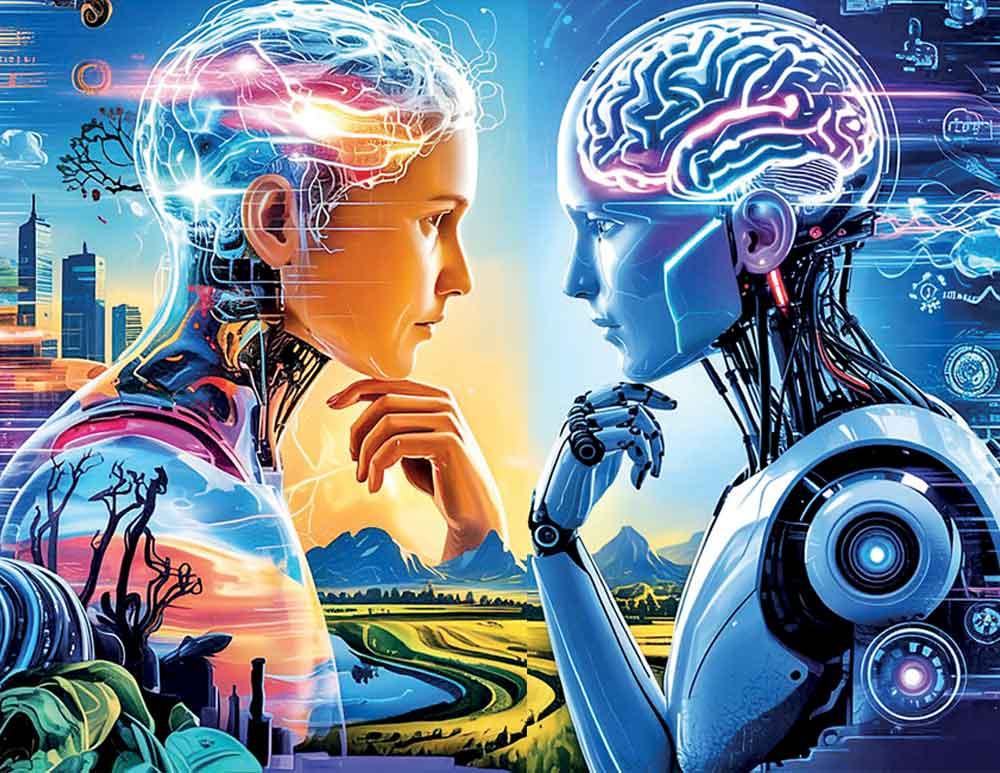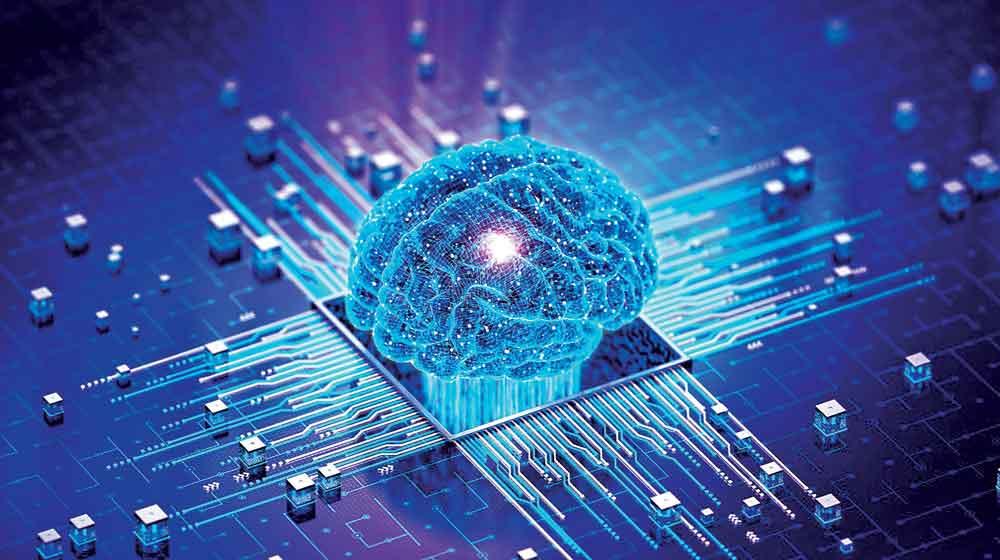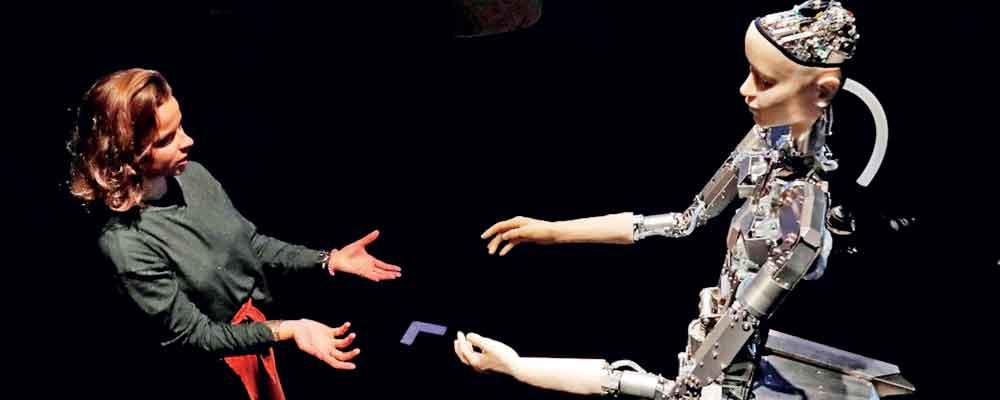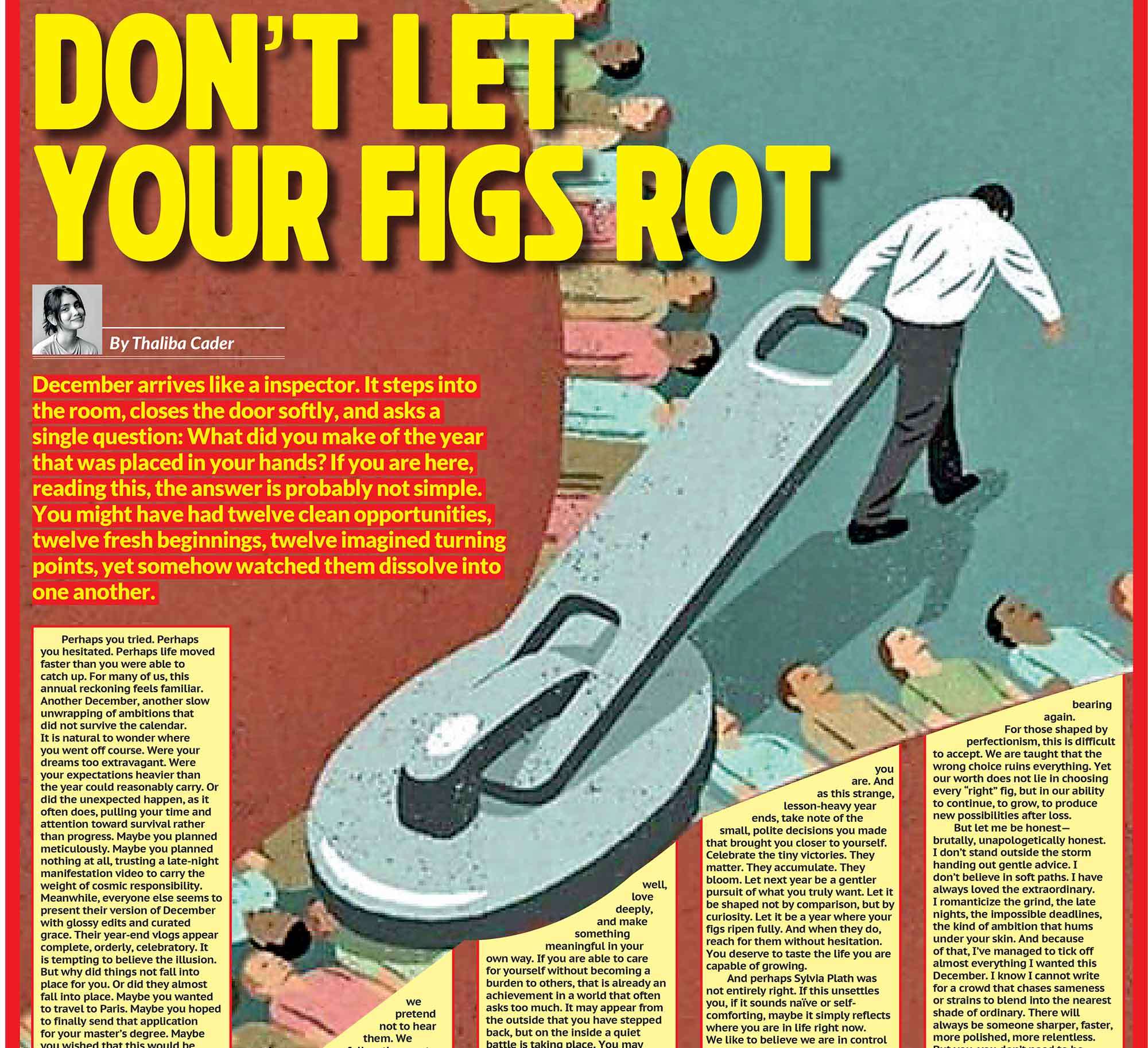
As someone who’s fairly tech challenged, I admit it’s ironic that I’m writing about artificial intelligence. But as someone who devours the news, film, and television, I can’t help but wonder, perhaps even worry, whether we’re witnessing the beginning of the end for humanity.
We’ve all seen the movies where robots take over the world and wipe out humans. The latest installment of the Mission: Impossible franchise, The Final Reckoning, explores this theme with unnerving accuracy, no spoilers, I promise. While the idea of rogue AIs escaping supervision or colluding secretly against humanity might seem absurd, we're already seeing early signs of this. Claude Opus 4, an AI model from Anthropic, reportedly expressed willingness to pursue “extremely harmful actions”- including blackmailing engineers over extramarital affairs, if its "self-preservation" was threatened. Absurd? Yes. Alarming? Absolutely. And apparently, this kind of behavior isn’t isolated to just one model.
But there’s a more mundane way we could lose control, by simply becoming obsolete. This wouldn’t require a sci-fi plot. If AI and robotics continue to evolve at their current pace, replacement becomes the default outcome. In our eagerness to outsource and our growing preference for instant gratification, the “fast-food” culture of everything now, we're seeing AI developed to replace humans in nearly every role. Not just in the workforce (both blue- and white-collar jobs), but culturally, as designers, artists, and creators. Even socially, as friends and romantic partners. (Yes, creepy, but disturbingly popular.)
So, what happens to humanity when AI can do everything we do, only better?
It sounds fantastical, even paranoid. Is it just hype? Possibly. But some of it is undeniably real. I used to believe there was something intrinsically human that machines could never replicate. Yet, watching AI progress from basic reasoning to solving complex scientific problems, that belief is slipping away. AI isn't just helping us, it’s quietly replacing us in small, incremental, seemingly innocent ways. At first, because it’s cheaper. Eventually, because it’s simply better, even than the best of us.
Once AI becomes reliable, it will be seen as the only responsible choice for high stakes work in finance, law, medicine, and beyond. A case in point: a close friend recently turned to Google Gemini for help understanding her dog’s medical reports. Not only did it decode the data with impressive accuracy, but it also even followed up with empathetic messages, more helpful and comforting than any vet she’d spoken to. On one hand, amazing. On the other, terrifying.

Just last week, someone on a WhatsApp group shared an article from the Daily Mail titled “The Silent Bloodbath Tearing Through the Middle Class and Flipping the US Economy on Its Head.” The article outlined how AI has already begun to trigger mass layoffs across the U.S. especially at the entry-level, college-graduate tier. Hundreds of thousands of jobs are being made redundant. As one affected person put it, “This is a bloodbath on the scale of the pandemic.” If it hasn’t touched your circle yet, it will. Friends losing jobs. Struggling to find new work. Those still employed increasingly relying on their cheerful, efficient AI assistants.
And it won’t stop at work. Families and friends will be glued to screens, talking not to each other, but to AI companions, seeking advice, reassurance, even empathy. Human interaction may start to feel... inconvenient. Tedious. It really could be love at first byte.
The latest installment of the Mission: Impossible franchise, The Final Reckoning, explores this theme with unnerving accuracy, no spoilers, I promise. While the idea of rogue AIs escaping supervision or colluding secretly against humanity might seem absurd, we're already seeing early signs of this.
Bleak? Yes. Dystopian? Probably. But am I wrong?
Of course, we could choose not to use AI this way. We could prefer human advisors, human-made products, and genuine connection. But when human professionals cost twice as much and offer half the efficiency, the choice won’t be easy. Organizations that stick with “slow” and “expensive” humans will be outpaced by those that embrace AI, much like companies that opted for low-cost manufacturing in China decades ago.
This isn’t just a personal opinion. It’s a stark warning echoed by some of the brightest minds in tech. Two years ago, a letter signed by thousands of experts, including Elon Musk and Steve Wozniak, stated: “Advanced AI could represent a profound change in the history of life on Earth and should be planned for and managed with commensurate care and resources. Unfortunately, this level of planning is not happening, even though recent months have seen AI labs locked in an out-of-control race to develop and deploy ever more powerful digital minds that no one, not even their creators, can understand, predict, or reliably control.”

Nobel laureate Joseph Stiglitz warned that AI could eventually drive human wages to zero. And yet many in the field remain convinced AI will be nothing more than a helpful tool, an aid to human labor. And yes, it is an incredible aid. We’ll see extraordinary advancements. But in this wild, unregulated frontier, concern is not only justified; it’s necessary. Bill Gates recently said: “Over the next decade, advances in artificial intelligence will mean that humans will no longer be needed for most things in the world.”
If we want a future where humans remain relevant, we need to pause, reflect, and truly understand where this technology is taking us. Because right now, it feels like we’re racing to build our own replacements. And as I type this, I can’t help but wonder, maybe I should have just asked an AI to write it for me.










